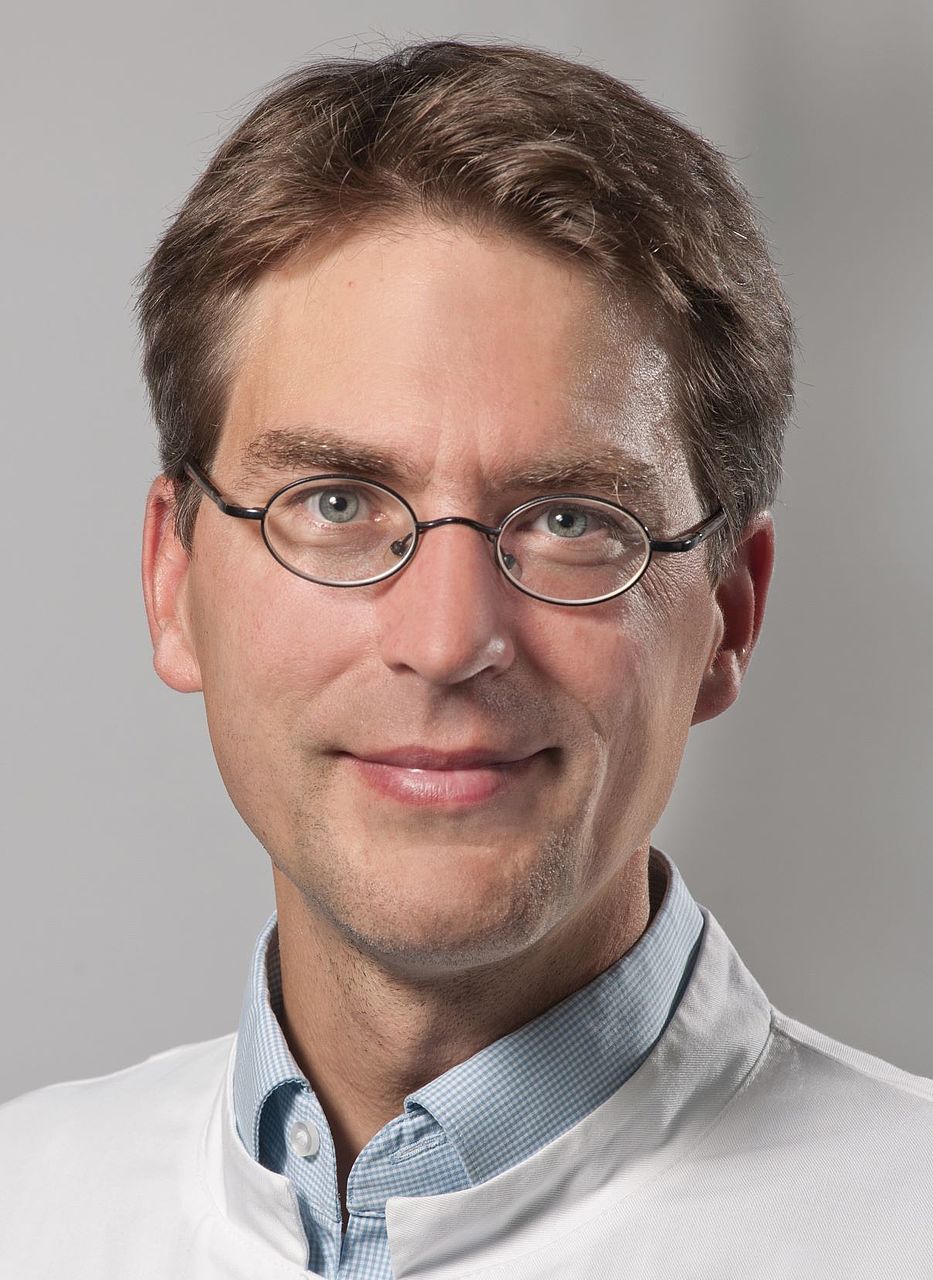The UKSH at the Kiel campus will receive almost 360,000 euros for the next three years for a project in the joint COMMUTE project. The aim of COMMUTE is to develop precise viral vectors for the gene therapy of malignant brain tumors (glioblastomas) and muscular dystrophies. The latter are hereditary diseases in which there is a progressive loss of muscle tissue, including respiratory and cardiac muscles.
Prof. Müller's team is concentrating on modifying the surface of vectors so that they can reach muscle tissue and the nervous system effectively and safely: two goals that have so far been difficult to address with gene therapeutics. The vectors used are so-called adeno-associated viruses (AAV), which are also used in already approved drugs. In addition, the research group is investigating optimized AAV vectors for gene therapy of Duchenne muscular dystrophy, the most common hereditary muscular disease in children, as part of COMMUTE.
The BMBF is also funding a collaboration between UKSH and Heidelberg University Hospital with 542,000 euros. The joint project aims to develop a new therapeutic option for patients with heart failure.
The team has found a target structure in the heart that could be targeted by gene therapy: an enzyme significantly involved in pathological metabolic changes in the heart muscle tissue. The aim is to prove the efficacy of this therapeutic approach and the suitability of AAV vectors, which transport the DNA sequences into the heart muscle cells, to correct the key defects of the disease at the molecular level.
Prof. Müller heads the "Translational Cardiology" research group of the Department of Internal Medicine III (acting director: Prof. Dr. Derk Frank) at the Kiel Campus, which the German Center for Cardiovascular Research funds. For more than 20 years, the improvement of gene therapies by optimized viral vectors has been one of his focal points.
Scientific contact: Prof. Dr. Oliver J. Müller, University Hospital Schleswig-Holstein, Campus Kiel, Department of Internal Medicine III, oliver.mueller(at)uksh.de
Source: Press release University Hospital Schleswig-Holstein
Improved gene transfer: BMBF funds therapy research at UKSH

